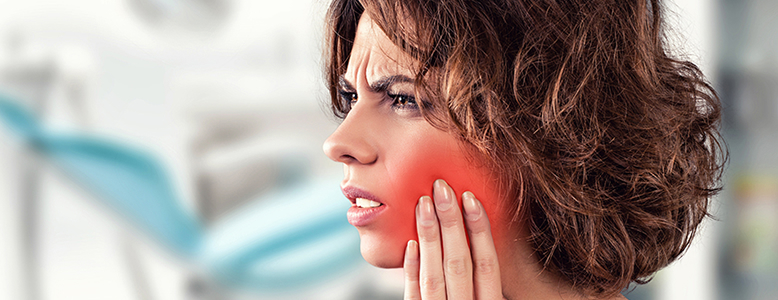 Wisdom teeth usually do not have enough space to arise in a mouth where they can be fully functional and easy to wash. This lack of space can result in a number of painful effects on your teeth. When a tooth can not arise in a perfectly aligned position, it is called an impacted tooth, which simply means that it is stuck or in an inapropiate position.
Wisdom teeth usually do not have enough space to arise in a mouth where they can be fully functional and easy to wash. This lack of space can result in a number of painful effects on your teeth. When a tooth can not arise in a perfectly aligned position, it is called an impacted tooth, which simply means that it is stuck or in an inapropiate position.
An impacted tooth is one that fails to erupt into the dental arch within the expected developmental window. Because impacted teeth do not erupt, they are retained throughout the individual’s lifetime unless extracted or exposed surgically. Teeth may become impacted because of adjacent teeth, dense overlying bone, excessive soft tissue or a genetic abnormality. Most often, the cause of impact is inadequate arch length and space in which to erupt. That is the total length of the alveolar arch is smaller than the tooth arch (the combined mesiodistal width of each tooth). The wisdom teeth (third molars) are frequently impacted because they are the last teeth to erupt in the oral cavity. Mandibular third molars are more commonly impacted than their maxillary counterparts.
As a general rule, all impacted teeth must be removed except, in certain cases, canine teeth: canines may just remain buried and give no further problems, thus not requiring surgical intervention. However, removal of an asymptomatic impacted tooth isn’t a medical consensus: watchful monitoring may be a more prudent and cost-effective strategy and open path for future placement of implant on such impacted tooth.


